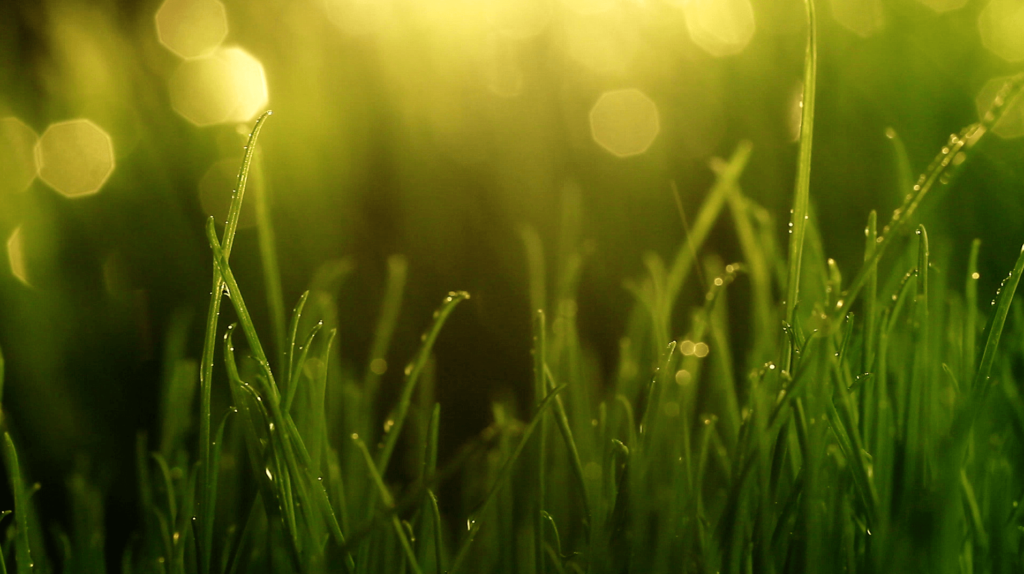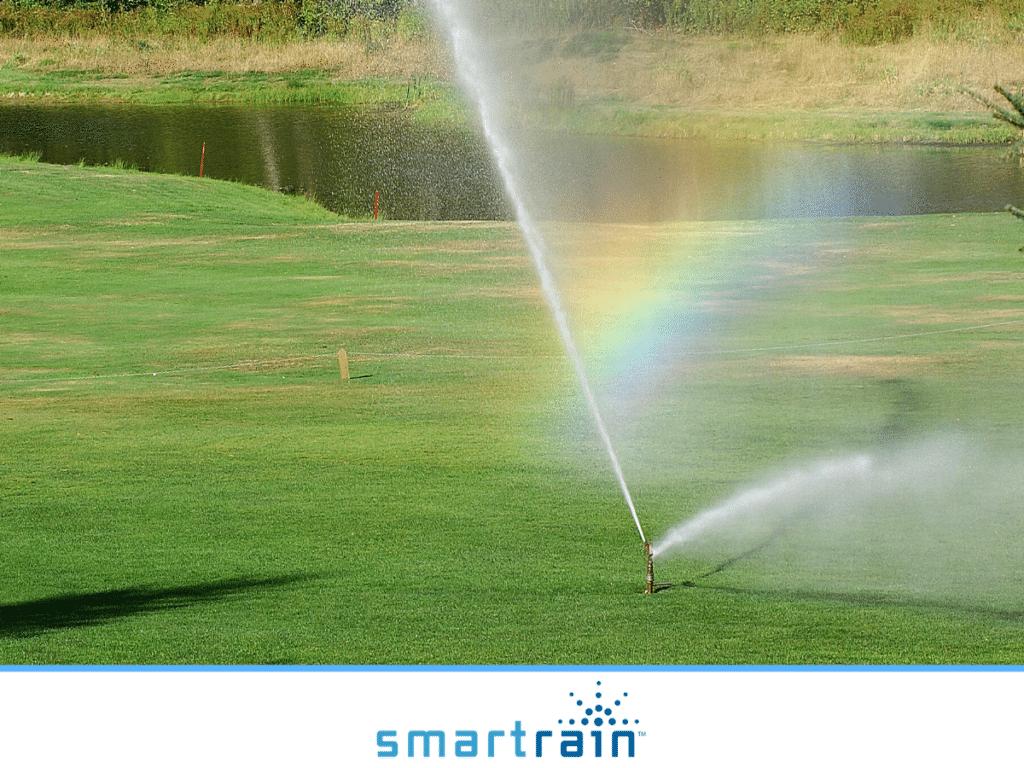Water is a precious resource that we often take for granted. With climate change and growing population, the demand for water is increasing while the supplies are decreasing. This has led to an urgent need for water conservation.
One of the simplest ways to save water is by improving water efficiency. So why exactly is watering efficiency important? Well, think about it this way - if you are filling a bucket with holes, you have to use more water to get the job done. Similarly, if your watering method is inefficient, you will end up using more water to keep your plants hydrated.
Watering efficiency means getting the most out of every drop of water. It involves understanding how much water a plant needs and when it needs it. Overwatering can be just as harmful as under watering, so finding the right balance is crucial. By improving watering efficiency, you can save water without sacrificing the health of your plants.
There are several things you can do for water efficiency. You may think you're already taking the steps to save water, and you may be right. But keep reading to make sure.
Tips for Water Efficiency:
Don't water in the middle of the day
As much as we love to lounge in the sun, our beloved plants do not share our enthusiasm for hot summer days. Just like us, they can get parched and dehydrated if exposed to too much sunlight and heat. And just like how you wouldn't want to chug down a bottle of water while directly facing the sun, your plants don't appreciate being watered in the middle of the day either. But unlike us, they can't just walk over to the nearest faucet and pour themselves a cold glass of water.
So why shouldn't you water your plants in the middle of the day? Well, it all comes down to efficiency - water efficiency, that is. When you water your plants during peak hours of sunlight, you're basically pouring water onto hot soil and foliage. This causes the water to evaporate quickly, leaving your plants with less moisture than they actually need to thrive. Not to mention, all that evaporation is a huge waste of water.
The best time for water efficiency to water is when it is cooler outside. Watering when it is cooler allows water to penetrate into the root zone where it can be most helpful to the plant. A good rule-of-thumb is to not water between the hours of 9am and 7pm.
Water deeply
Deep soak your lawn's root zone where the water won't evaporate as quickly and will do the most good for the plant. By using a soil probe (or even a screwdriver), you can determine if your soil is moist in the root zone. If it’s dry then it may need more water. But, if it's moist, don't water!
It's important to understand the concept of deep watering. This means giving your plants a slow, steady soak rather than a quick spritz. Deep watering allows the water to penetrate deep into the soil, encouraging root growth and making plants more resilient during dry spells. And let's be real, who wouldn't want a low maintenance landscape?
Now that we've established the importance of deep watering, let's talk about how to do it. One method is to use a drip irrigation system. This delivers water directly to the roots of your plants, minimizing evaporation and ensuring that each plant gets the right amount of water. Plus, it's a great time saver - no need to stand there with a hose for hours!
Another way to save water is by using mulch. A layer of organic material such as wood chips or bark can help retain moisture in the soil, reducing the frequency of watering needed. Plus, it looks pretty darn good too.
But what about those pesky weeds? Weeds compete with your plants for water and nutrients, so it's important to keep them at bay. Luckily, there are natural ways to do this without using harmful chemicals. Try covering the soil with mulch or use a weed barrier fabric to prevent weeds from sprouting up.
Don't over water
While it may seem like a simple task, watering your plants can quickly turn into a game of trial and error. Too much water can drown your plants, while too little can leave them thirsty and wilted. So how do you know when enough is enough? Well, as they say, the proof is in the pudding. Or in this case, the soil.
If you're wondering how to save water and save your plants from drowning, let me give you a few pointers. First off, start by checking the moisture level of your soil. It's best to do this early in the morning before any watering has begun. Simply stick your finger or a moisture meter into the ground around your plants. If it feels dry, then it's time to water. If the soil is still moist, give it another day before checking again.
Excessive watering means that fertilizers and pesticides will move out of the root zone of the plant, rendering them ineffective. What's worse, is that those toxins can then penetrate into the groundwater, impacting water quality and increasing the environmental burden.
Avoid watering on windy or rainy days
Avoiding watering on rainy and windy days is one of those small actions that can have a significant impact. By not watering when it's already raining or windy, you're essentially letting nature do the work for you. This means less water wasted and more water saved.
So how exactly do you go about avoiding watering on rainy and windy days? It's simple - just pay attention to the weather forecast(or you could get Smart Rain which will do it for you). If there's rain in the forecast, hold off on watering your plants. And if it's particularly windy, wait until the winds die down before turning on your sprinkler or hose. It may require a bit of planning and adjusting, but the water you save will be worth it.
Here are some easy sayings to help you remember: “If it's windy, wait a day.” And “If it's rainy, wait a day.” Don't water in adverse weather.
Dry patches? Investigate!
Avoid watering the entire lawn for the few brown or dry patches, investigate and see why it is dry. Do you need to add a sprinkler, or make adjustments to others?
You might be surprised to learn that there are a few common culprits when it comes to dry patches on your landscape. One of the main causes is overwatering, believe it or not. Yup, you heard that right. Sometimes we can actually love our plants and lawn a little too much by giving them more water than they actually need. This excess water can lead to runoff and evaporation, leaving certain areas of the landscape dry.
Another factor to consider is the type of soil in your landscape. Soil that is too compacted can prevent water from properly reaching the roots of your plants, resulting in dry patches. Additionally, if you have sandy or rocky soil, it may not be able to retain enough moisture which can also lead to dry spots.
One more thing to keep an eye out for is any underground leaks in your irrigation system. These sneaky leaks can go unnoticed for a while and cause major issues with water distribution, resulting in dry patches.
Let your grass grow longer
Train your roots to grow deeper. Letting your grass grow longer means less watering, mowing, and improved root depth (and thus, water-use efficiency). Raise mowing height to 2 1/2 to 3 inches so that the lawn can shade itself.
when you keep your grass at a shorter length, it requires more water to stay healthy. This is because shorter blades of grass lose moisture quickly and need to be constantly replenished with water. On the other hand, longer grass has deeper roots that can reach down for underground water sources, reducing the need for frequent watering.
If your water efficiency is better, you'll be sure to save more resources, and still maintain a beautiful yard. If you're looking to get the most efficiency, check-out Smart Rain for your commercial business. Click here to see some more recommended steps.




